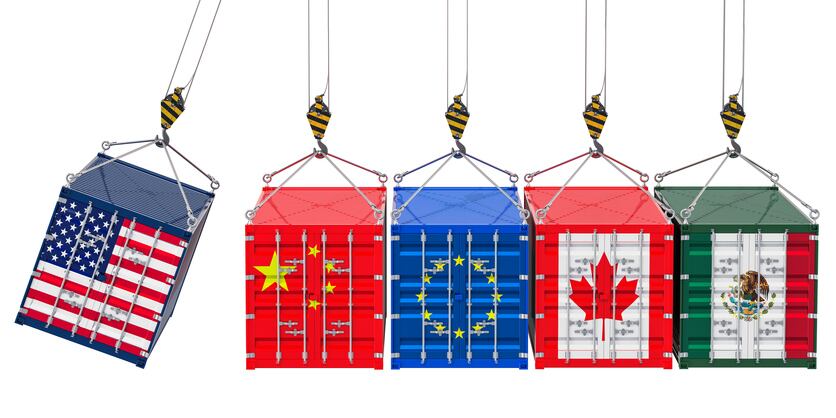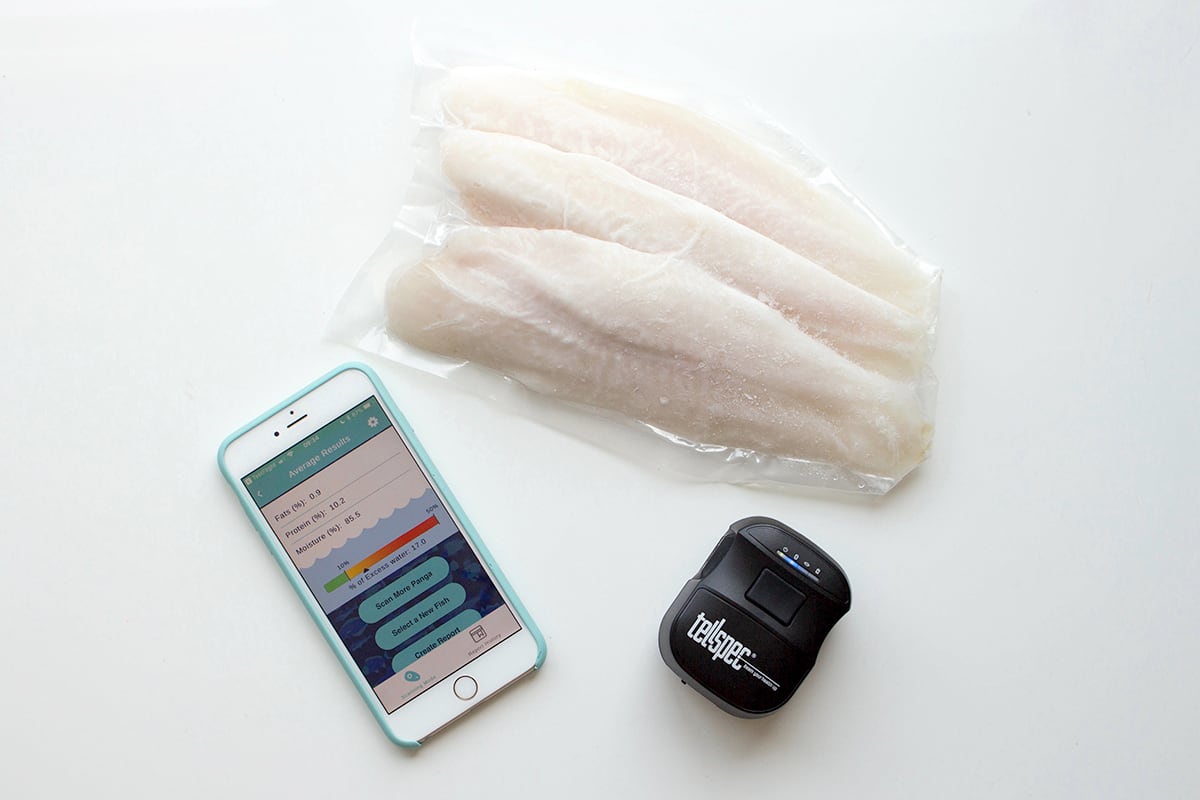According to an EU report published last month, EU customs authorities seized over 31 million fake goods with a street value of €580 million in 2017, and food accounted for almost one quarter (24%) of these.
According to Jean-François Morin, manager of collaborative research at Eurofins laboratory, such figures could rise as a result of global trade wars.
“A really interesting dimension, and one that has not been discussed much until now, is the impact of emerging trade barriers on food fraud,” he said.
“With the rise of trade wars, tariffs and customs barriers between China and the US, and tensions between other countries, we think it will have an impact on food. It’s a global market and most food is imported from other countries. These [political developments] will foster a grey market and lead to food fraud and food smuggling.”
Morin added: “It will have an impact on all countries, even Europe. We may find illegal groups and gangs who want to short-cut trade barriers by smuggling contraband products.”
An increase in counterfeit and contraband products in the supply chain could directly impact the work of purchasers and quality control managers, he said, as they will be at risk of buying illegal ingredients.
Another ‘hot topic’ on quality control managers' radar is the recent European Court of Justice’s July decision that ruled New Plant Breeding Techniques (NPBTs) are considered genetically modified organisms, a stance that put it at odds with other international regulatory bodies, such as the US Ministry of Agriculture.
“[The ruling] means that these products are forbidden in the EU unless specifically authorised and none are authorised yet.”
Some animal feed producers, in particular, have already done R&D and product development using these techniques, Morin said, and they will face obstacles if they want to sell these products in EU.
Expert in world trade and advisor to the UK government on Brexit Michael Haverty will be speaking at the 5th Food Integrity conference in Nantes this month (14-15 November) on the impact of trade barriers on food fraud.
Matthieu Rolland, plant head laboratory at French food safety agency ANSES, will also be discussing the regulatory consequences of this EU decision as well as the analytical challenge when trying to detect these new organisms that have been created using NPBTs.
€12m Food Integrity project
Morin is also head of one of the ‘knowledge units’ of Food Integrity, a five-year EU project, currently in its final year, that brought together stakeholders from industry and academia with the aim of consolidating, harmonising and mobilising the European capability on food authentication.
“The project started in 2014 but we submitted the proposal to the Commission in 2013, just before the ‘horsegate’ crisis so it was almost premonitory as if we knew something was going to happen – and it did, very shortly after,” Morin told FoodNavigator.
The €12 million project, which is now in its last year, brought together over 300 people from 20 countries (18 European countries), and this will be one of its lasting legacies on food safety research, Morin said.
“One good thing is that people are more used to working together. This network will survive the project, and that’s the main objective that we have achieved.”
The project set up hubs dealing with food commodities that were identified as being high risk for fraud - fish, olive oil and alcoholic spirits.
“In all of the areas, we had an improvement on current methods, especially for spirits. This ‘work package’ was led by the Scotch Whisky Research Institute, and the focus was on hand-held devices that can check what’s inside the bottle without opening it using infrared spectroscopy. It’s especially useful at the selling point.”
Aside from the eight research projects have spun off from Food Integrity, the next step will be “defining how the results go beyond the borders of the project”, which will also be addressed at FoodIntegrity Conference in Nantes next month.




